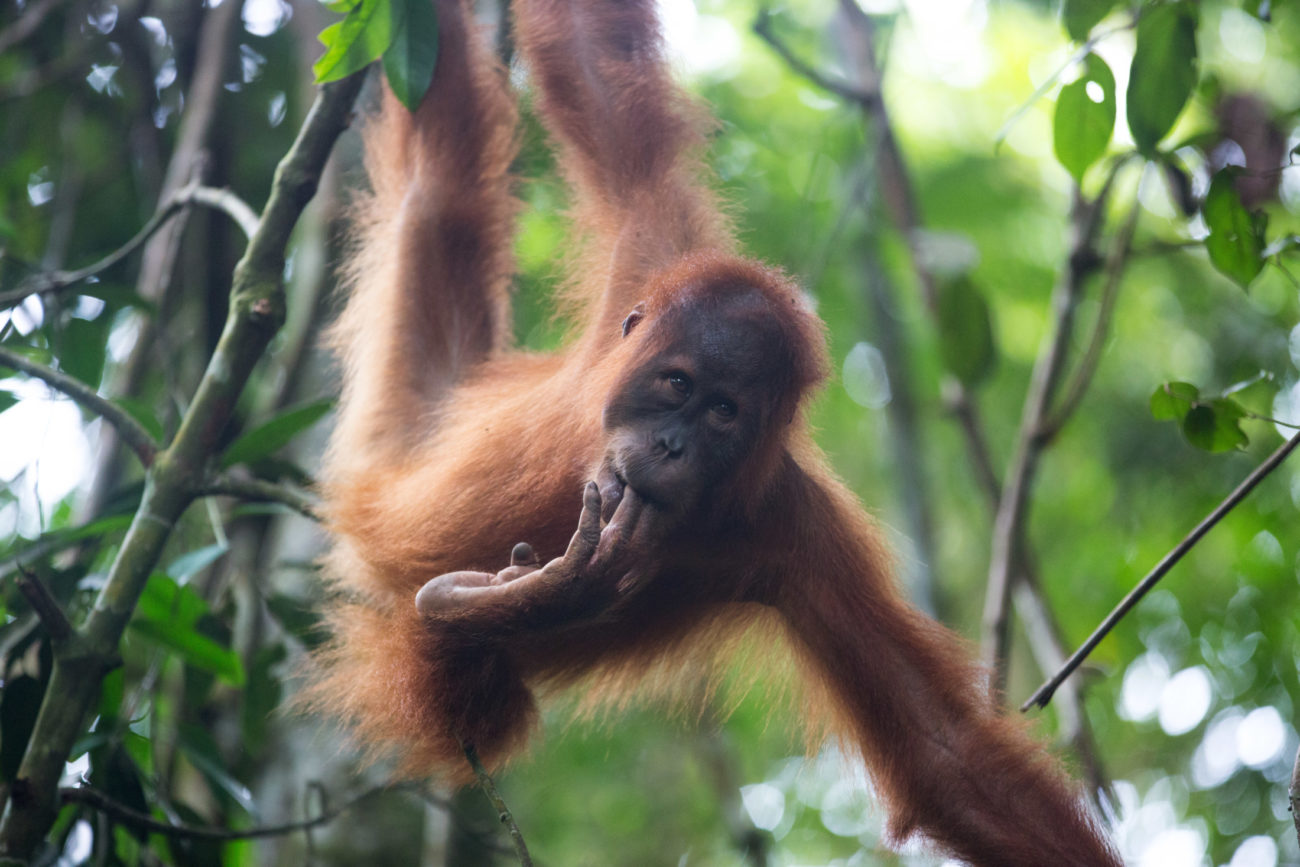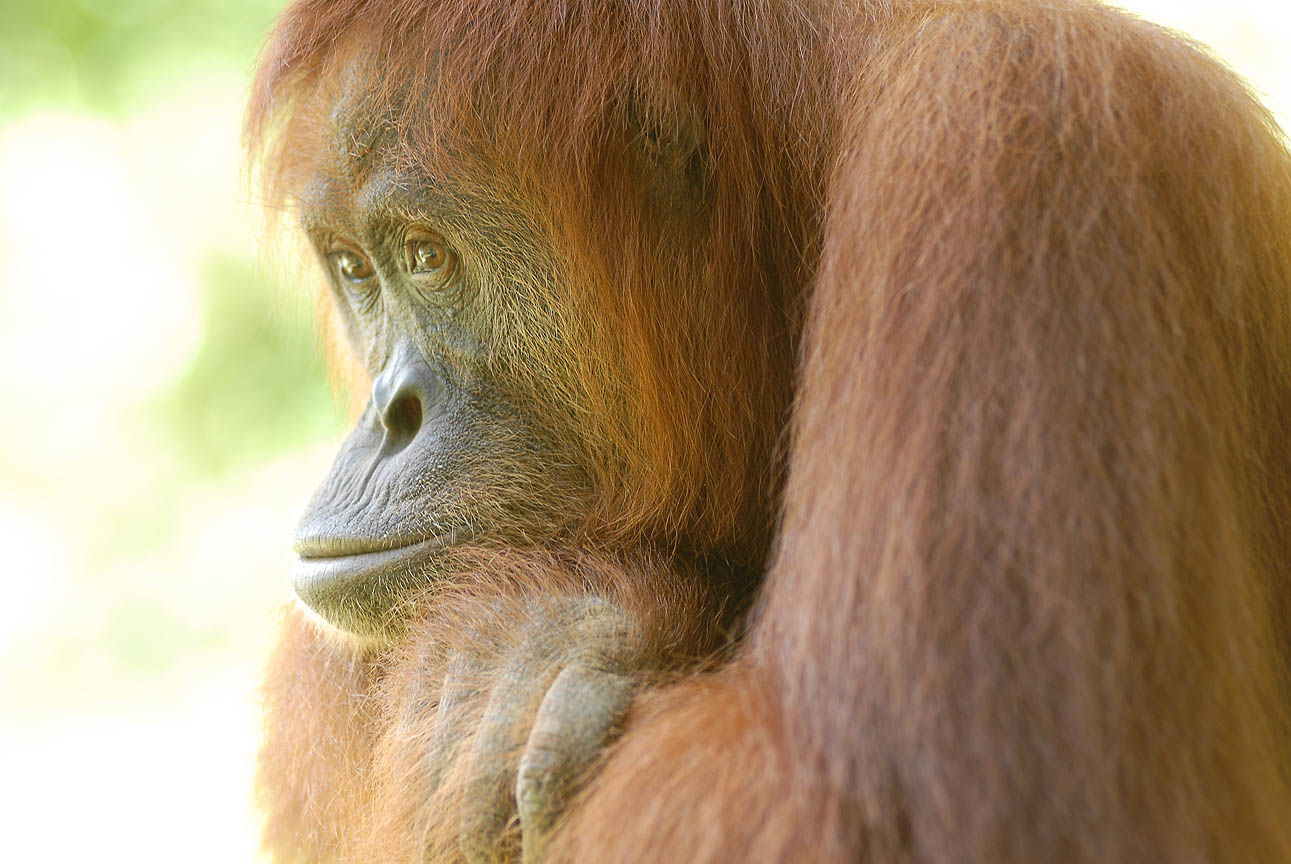One of the questions we are most often asked if we do a Q&A on social media is ‘how can I get a job working with orangutans?’. There is no single, straightforward answer to this, but here are some tips from SOS staff that might help you along the way.
There are many ways to work ‘with’ orangutans if your motivation for doing so is to help conserve them in the wild – and most of those ways might not look how you imagine. Conservation is a huge and complex field requiring a lot of different skill sets! Here are just some of the skills and knowledge areas used by SOS and the projects we fund:
- Biodiversity surveys
- Communications
- Social media
- Photography
- Videography
- Law and the legal system
- Botany
- Veterinary medicine
- Journalism
- GIS
- Coding and web design
- Piloting drones
- Event planning
- Graphic design
If you’re looking at this list and thinking, ‘great, I already have one of those skills!’ then you’re no doubt wondering how to let orangutan conservation organisations know about your willingness to help. Most organisations (including us!) post job vacancies on their website, LinkedIn and job sites like EnvironmentJob or Conservation Jobs. If you aren’t looking for a new job but would just like to give some of your time and skills as a volunteer, it’s worth sending an introductory email to organisations you’d like to work with. If they don’t need your support at the exact time you get in touch, they can (with your permission) keep your details for future reference. You never know when you might be called upon to help!
If, like many of the people who get in touch with us, you’re still at school and wondering what you should do next to give yourself the best chance of working with orangutans, we have two tips for you. Firstly: do something you’ll enjoy. If you don’t like studying biology or ecology but you force yourself to do it because you think it’s the best way of ending up working with orangutans, it could be a difficult path. As you can see from the list above, there are many ways of contributing to orangutan conservation, so if you’re naturally drawn to coding or graphic design, do that. Secondly: be open to getting involved with relevant organisations even if they’re not specifically focused on orangutans. Joining societies, clubs or interest groups focused on the environment or related causes is not only a really useful way to gain experience and knowledge, but also gives something back – win-win!
Finally, one thing we always want people to remember is: conservation is not just for a few experienced scientists. It’s something everyone can contribute to, whether you spend a few days a year helping a charity at local events or 300 days a year tracking orangutans through rainforests. Conservation needs everyone.

